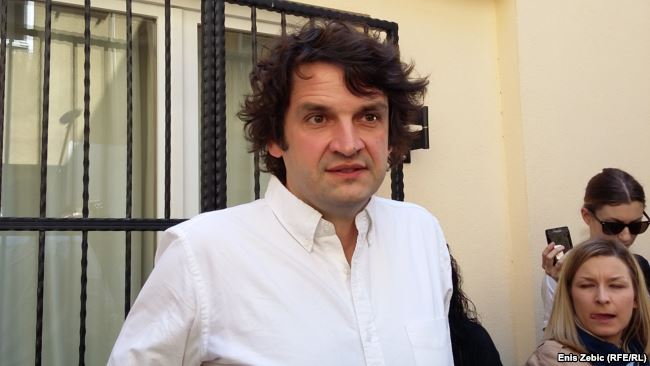Oceania/ Australia/ 28.08.2019/ Source: thesector.com.au.
The South Australian Department for Education has announced that the Education and Children’s Services Act 2019 will replace the Education Act 1972 and the Children’s Services Act 1985.
The new Act will come into operation during 2020, and includes a number of changes relevant to the early childhood education and care (ECEC) sector.
New protections for school and preschool staff and tougher penalties for those who abuse teachers and principals
The first change for the new Act is tougher penalties against those who use abusive, threatening or insulting language or behave in an offensive or threatening manner to a Department for Education staff member acting in the course of their duties, with maximum fines increased to $2,500.
The rules which allow Department for Education sites to bar individuals for bad behaviour have been extended so that government preschools, and non-government schools, preschools and all children’s services can do the same, with the maximum fine for breaching a barring order lifted from $200 to $2,500.
New information sharing guidelines
The revised Act gives site leaders the right to request reports from a child’s previous school or preschool on academic progress and other relevant information so they can support the safety and wellbeing of the student and others.
The Department, government agencies, schools, preschools and children’s services are now explicitly permitted to share information on the education, health, safety, welfare and wellbeing of a child to support their education journey.
The Department can now require parents/ carers to provide information, including medical and other details about a child, to help a school or preschool cater to their needs.
Addressing bullying and serious assaults
One of the Acts powers is that the Chief Executive of the Department for Education now has ‘circuit-breaking’ power to direct that a child be enrolled at a different preschool or school for the health, safety and welfare of them or other students and staff in response to serial bullying or a serious assault.
Governing councils fund to dispute Department for Education
An independent fund for governing councils to use to pay for the costs of legal advice in relation to disputes with the Department has been introduced as part of the reforms.
The rules in relation to Governing councils have also been “tightened” so that the presiding member of a governing council will need to be a parent/ carer of a student unless no parent/ carer is willing to do the job.
Clearer rules for religious and cultural activities
Principals and preschool site leaders are now required to give notice to parents/ carers of a religious or cultural activity so they can make informed decisions about their child’s involvement.
Children who don’t participate must now be offered an appropriate alternative activity and not suffer any detriment for not participating.
Modernised employment provisions
The Department will now be able to directly employ a broader range of staff in preschools and schools, including nurses, social workers, youth workers, psychologists and other professionals that an education community may need.
The Department will be able to offer special remuneration to attract and retain highly skilled school and preschool leaders and teachers.
Source of the notice:https://thesector.com.au/2019/08/26/south-australia-reforms-education-act-giving-new-protections-to-preschool-staff/











 Users Today : 19
Users Today : 19 Total Users : 35460228
Total Users : 35460228 Views Today : 24
Views Today : 24 Total views : 3418919
Total views : 3418919